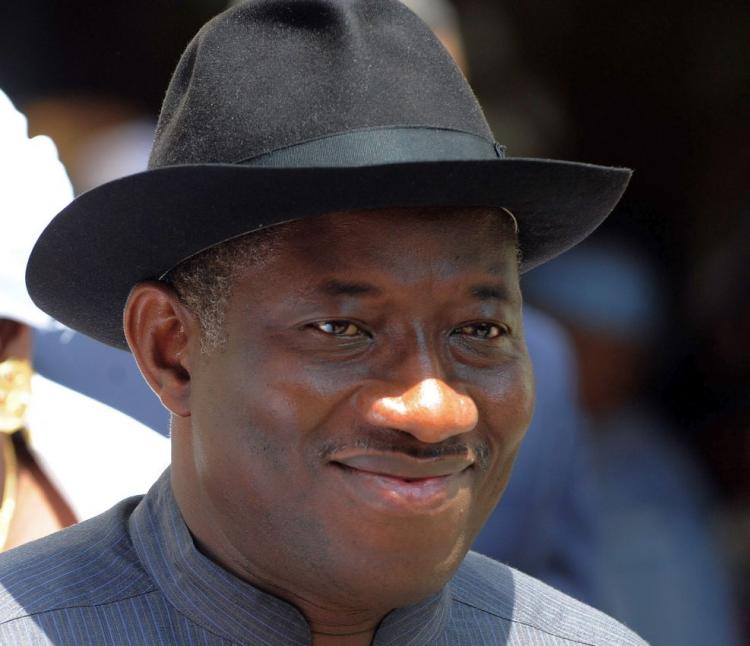Nigeria: Jonathan sees reforming electricity supply as the key to re-election – From African Energy

This is an impressive performance by any measure. It is remarkable in country where the increasingly impoverished north is the scene of conflict between jihadist groups and the military, where political settlement in the Niger Delta remains unresolved, the 2014 presidential election promises a bitter, cash-fuelled campaign with the potential to trigger violence, and where oil theft, fraud, and other crimes and governance abuses remain endemic.
Power privatisation’s progress in 2013 owes much to government reformists led by economy and Finance Minister Ngozi Okonjo-Iweala, and supported by central bank governor Sanusi Lamido Sanusi. President Goodluck Jonathan sees reforming electricity supply as the key to his re-election, and has supported radical moves, while letting other energy industry initiatives – notably the Petroleum Industry Bill – slide. Earlier this month, Jonathan stood before the cameras with more evidence of his success, at the official commissioning of the 424MW Geregu II gas-fired power plant.
Geregu is one of the NIPP facilities, owned by Niger Delta Power Holding Company, which are now up for sale for scheduled divestment in June 2014. Some powerful bid groups have been assembled, and international executives have been touring the NIPP plants, some of which offer real opportunities in the hands of the right operator. (Some others may not: African Energy has heard reports of one plant which, even if it had access to the necessary gas feedstock and transmission lines to get power to market, would involve huge investment because the existing structure is said to be fit only for demolition.)
This year’s sale process has seen investor groups meeting the hefty down-payments demanded of them. However, in many cases, these funds have been raised in the local banking market by Nigerian partners who emerged as the main financial players in the PHCN privatisations. Lagos bankers are quick to argue that the Nigerian markets are very liquid, but it is valid to question the extent to which local banks can bankroll the huge phases of investment now needed to revitalise the sector. Much has been made for the potential of bond issues, backed by continued multilateral lending. Such instruments will support many projects; but can they underpin such a large industry, especially once some less experienced, more politically connected concessionaires and their backers come to realise that electricity supply permits are not as tradable or profitable as the oil trading instruments they built their fortunes on? (African Energy has heard that some of those who have secured concessions have already been sounding out potential partners to buy them out).
Also liable to face future pressures is NBET, to which Gencos that generate more than 100MW should sell their output. The bulk trader employs some very bright staff and has Okonjo-Iweala’s support and World Bank risk guarantees to back it. But this level of support can go only so far, and the market may take much longer to stabilise than optimists envisage. NBET could be around for years, and will require sufficient capitalisation to maintain market confidence.
The 2014 elections promise a renewed bout of political turbulence that could unsettle investors. Key players like Okonjo-Iweala and Sanusi are likely to leave office. The Nigerian electricity supply sector is on the cusp of a renaissance that should significantly improve services. But it will be enacted against the background of volatile politics and insecurity not only in the north but also, possibly, in the Delta, hub of the gas supply that will underpin Nigeria’s new look power market.
This is a View article from the African Energy newsletter, a source of independent analysis on the continent’s energy industries produced by Cross-border Information, a business intelligence company with a long established research focus on the politics, energy and financial sector trends of Africa and the Middle East.




